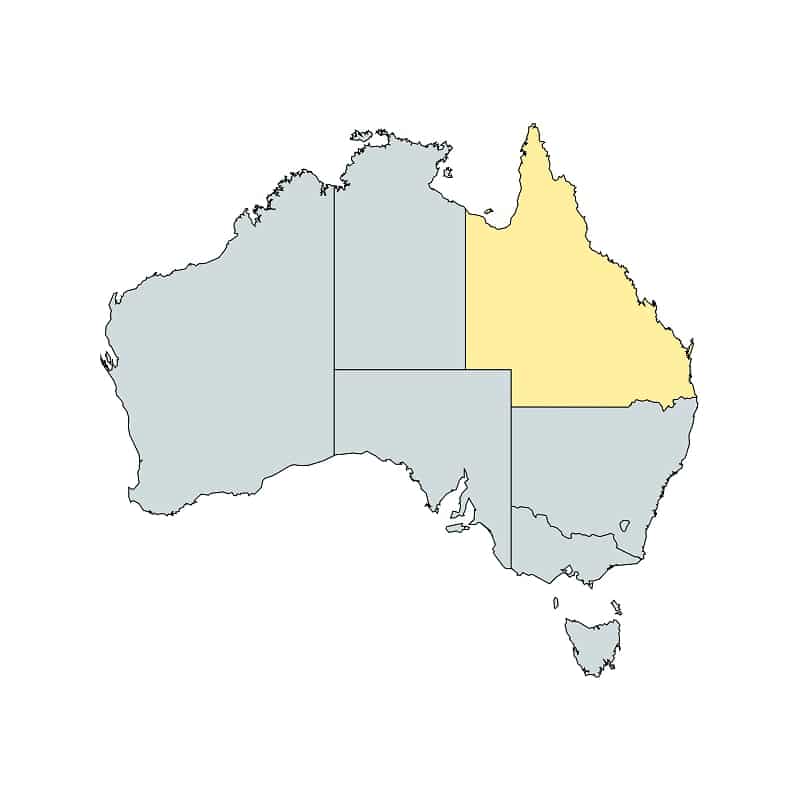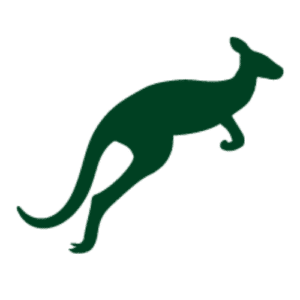Jeffrey Manning and Elizabeth Barratt are the owners of Coucals’ Hide, a property situated in Yandina, approximately 25km north of Sunshine Coast, Queensland. The property is a home and wildlife-friendly sanctuary, and the owners intend to maintain it as such. Jeffrey and Elizabeth plan to clear invasive and non-native vegetation from the property’s remnant forest habitat, establish a permanent pond for native wildlife and support the local coucal population by improving existing habitat.
The property covers one hectare of land perched on a steep hillside facing Mount Ninderry. Approximately one-third of the land is comprised of remnant subtropical rainforest, with the remainder consisting of the homestead and cleared areas, previously used to grow paw paws. The grassland now features young plantings of Moreton Bay fig (Ficus macrophylla), macadamia (Macadamia sp.) and Queensland firewheel (Stenocarpus sinuatus). The owners are currently managing invasive vines and creepers such as Singapore daisy (Sphagneticola trilobata) on the property’s higher ground and are promoting native grass species across the cleared areas to improve habitat for native birds.
The owners have supported tall stands of native grasses which provide habitat for pheasant coucals (Centropus phasianinus) and brush turkeys (Alectura lathami). The remnant forest is home to laughing kookaburras (Dacelo novaeguineae), eastern whipbirds (Psophodes olivaceus), barking owls (Ninox connivens), green catbirds (Ailuroedus crassirostris), Wompoo fruit doves (Ptilinopus magnificus), crested pigeons (Ocyphaps lophotes) and a wide range of parrots including pale-headed rosellas (Platycercus adscitus). Yellow-tailed black cockatoos (Calyptorhynchus funereus) also regularly roost and feed in the stands of Monterey pines that form the northeast border of the property.
Agile wallabies (Macropus agilis), carpet pythons (Morelia spilota), brushtail possums (Trichosurus vulpecula) and ringtail possums (Pseudocheirus peregrinus) are also found on the property, along with flying-foxes (Pteropus sp.) which roost in the forest and feed on the property’s fruit trees.



